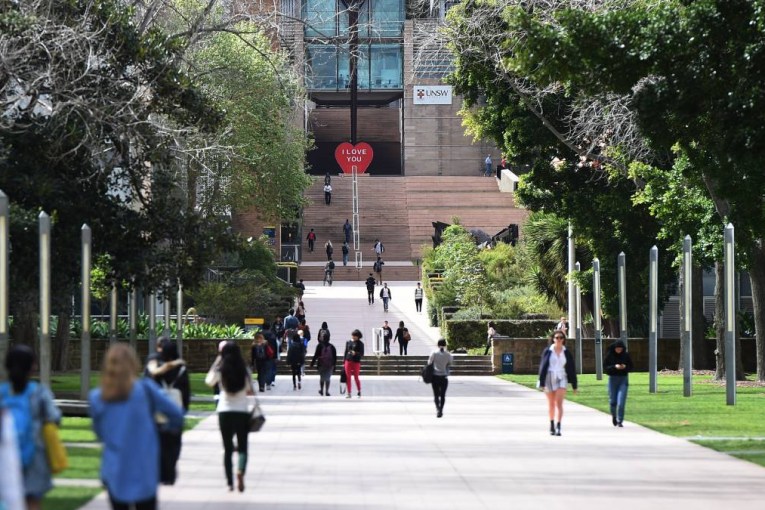Paleo diet questioned by scientist
The controversial paleo diet is based on a misunderstanding of evolution and the caveman’s menu, says a leading scientist.
The diet’s advocates claim people would be healthier if they ate more like our Stone Age ancestors.
But Professor Marlene Zuk says looking to evolutionary heritage to make decisions about diet is not always based on the way evolution really works.
• Paleo Pete Evans cut as salad ambassador
• Pete Evans’ ‘risky’ paleo for babies cookbook pulled
The University of Minnesota evolutionary biologist will address the Dietitians Association of Australia national conference in Perth on Thursday.
“The Paleo diet is based on the idea that human genetics have not changed or evolved over the past 10,000 years, since the time before the use of agriculture,” she says.
“But plenty of evidence exists that our genes have changed over the last few thousand years, and these changes mean we can eat foods our hunter-gatherer ancestors could not.”
For example, African, European and Middle Eastern populations have evolved to tolerate lactose in milk, contradicting a primary premise of the Paleo diet.
Prof Zuk also says the diet probably doesn’t reflect ancient eating patterns.
Little is known about what our ancestors actually ate and they may have had many different diets depending on where they lived.
The modern paleo diet promotes mostly meat, fish, vegetables, nuts, animal fats and coconut oil, while foods that come from agriculture, including all grains, legumes, dairy foods and processed foods are avoided, and fruit is limited.
“Almost all of the foods available today are vastly different from the forms that our Paleolithic ancestors would have eaten, and this does not just mean ice cream, chips or even flour, but basics such as meats, fruit and vegetables.
“Trying to emulate what people ate 10,000 or 100,000 years ago is impossible.”
DAA spokesperson Margaret Hays says many of today’s health problems relate to sedentary lifestyles combined with excess kilojoule intake, rather than the distribution of foods across food groups.







